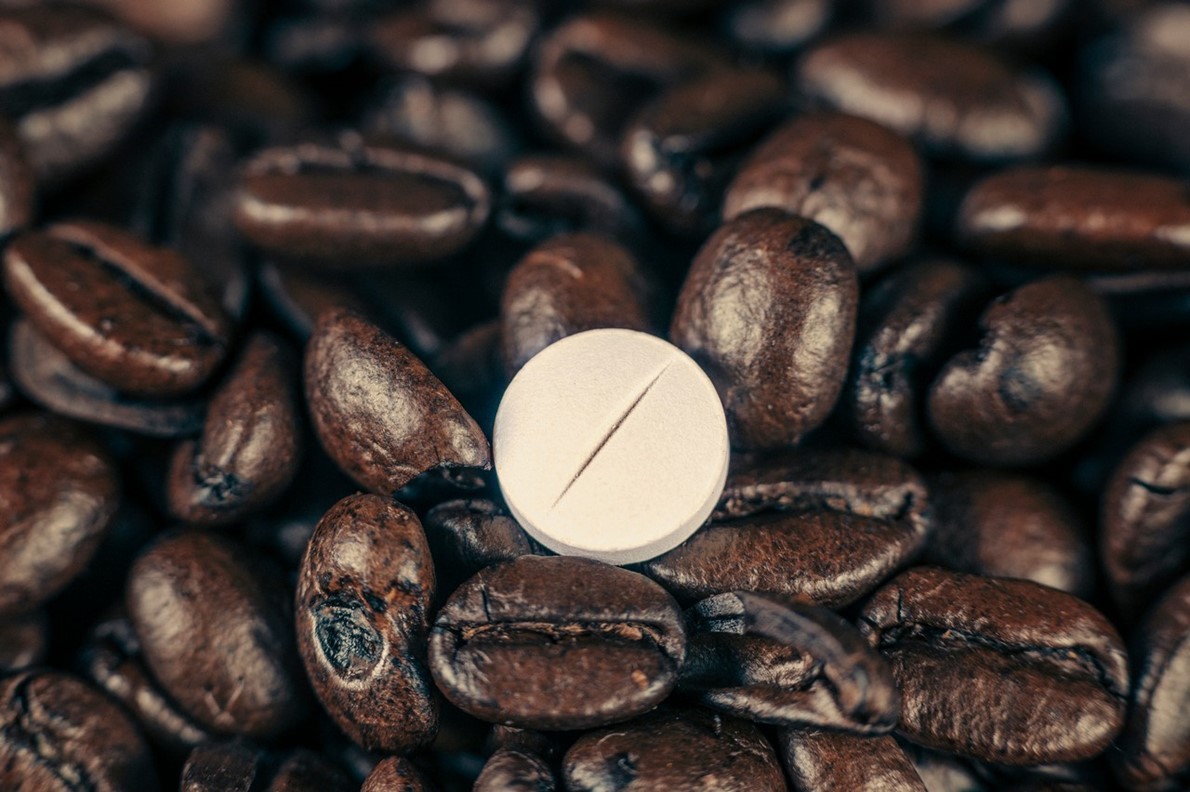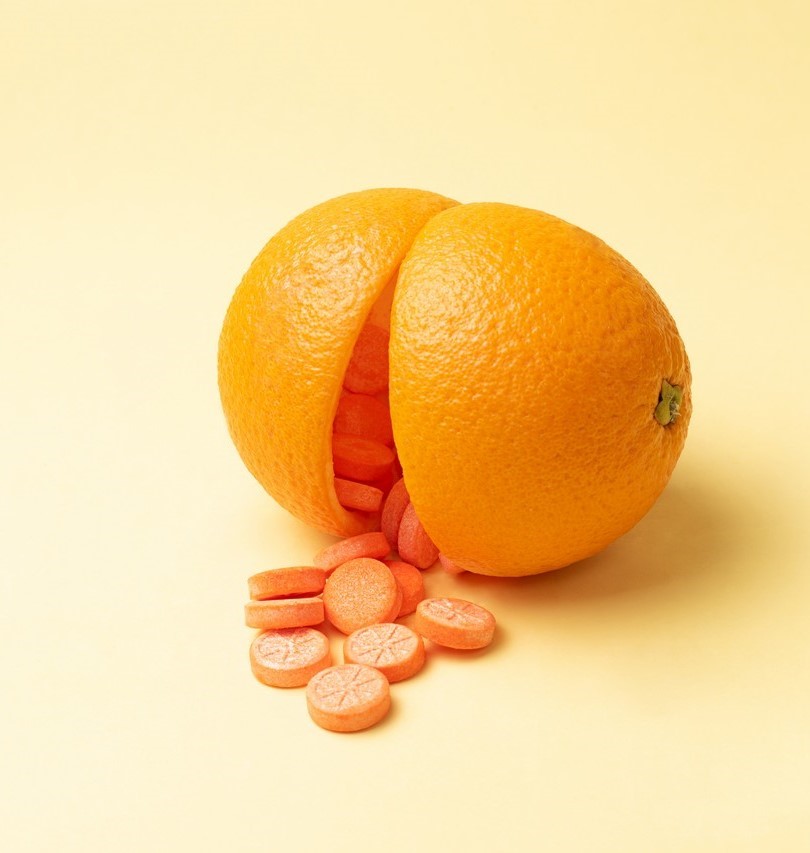Whether you go to the
gym in the morning or in the evening,
finding the energy to do high-intensity exercising can be difficult. The market
is saturated with different supplements that have purported benefits. One
particular group of supplements that can be useful is known as pre-workout. It
typically comes as a powder that is mixed with water and is consumed 30 minutes
to an hour prior to working out. Some people prefer to know exactly what it is
that they are consuming and, in these cases, making your own pre-workout could
be beneficial.
اضافة اعلان
What is pre-workout
Pre-workout is a multi-ingredient dietary supplement that aims to
improve athletic performance by increasing energy and
muscle recovery. The
ingredients and amounts may vary from brand to brand, but generally there are
six main ingredients.
Nitric oxide
precursors: nitric oxide is a compound that is native to the body. It is
largely responsible for a mechanism known as vasodilation, which allows for
improved blood circulation and during exercise translates to more oxygen and
nutrients to muscles, while removing waste such as carbon dioxide and lactic
acid. This ultimately will enable you to resist fatigue and improve recovery.
Pre-workouts do not contain nitric oxide outright; instead, they contain
compounds that will be converted, including L-arginine, L-citrulline, and
dietary nitrate sources such as beetroot extract.
Caffeine is a known stimulant often used by coffee
lovers around the world for a morning pick-me-up. In pre-workouts caffeine is
the main source of energy. However, the majority of brands contain a high
amount of caffeine, which may be problematic to some. A cup of coffee can
contain anywhere from 40-100 mg of caffeine depending on the type. Most brands
of pre-workout contain 150-300 mg of caffeine, which can cause a fast
heartrate, tingling sensations, high blood pressure, and nausea.

Beta alanine is
also an important ingredient found in pre-workouts. It is an amino acid, which
means it is a building block for more important compounds in the body. One such
compound is carnosine, important for muscles under strenuous activity. When our
muscles are under intense exercise, they produce acid and harmful compounds
known as free radicals. Carnosine acts as a buffer that prevents acid buildup
and also has antioxidant properties to help combat free radicals. As it relates
to exercise, this ultimately results in reduced fatigue, but also significantly
improves recovery. However, beta alanine causes a tingling sensation that while
not harmful, may be unpleasant.
Branched-chain
amino acids (
BCAAs) are amino acids that cannot be made in the body. We get
them from our diet, primarily meat products. These amino acids are leucine,
isoleucine, and valine and play an important role in building muscle, reducing
muscle fatigue, and improving recovery.
Creatine is a compound naturally found in skeletal
muscles which supplies them with a steady amount of energy during exercise.
Creatine is produced by the body and may not need to be supplemented, provided
is adequate. However, some research may suggest that creatine can help reduce
recovery time and improve muscle mass, strength, and performance.
Some
pre-workouts do not add
vitamin B. There are many subtypes of vitamin B, but
the two most common in pre-workouts are vitamin B12 and vitamin B3 (niacin).
B12 deficiency results in fatigue, whereas niacin has a similar, albeit modest,
effect to that of nitric oxide.
To make your own pre-workout you need to be able to
acquire the raw ingredients. In Jordan it can be difficult to buy the raw
powders, which may need to be imported and are subject to customs regulations.
However, acquiring these supplements in bulk may be cheaper in the long run.
You could potentially find them at local supplement shops or from online
sources such as iHerb and Proteinak, which deliver to Jordan.
One of the
greatest benefits of making your pre-workout is the freedom to add whatever
ingredients you want to your personal specifications. Some people may prefer to
not add beta alanine or reduce the amount of caffeine.

Since you will
be buying these products in bulk, you could choose which ingredients to add or
omit, but generally your mix should include creatine, beta alanine, L-arginine,
and caffeine. Below are the recommended amounts for each ingredient.
1. Nitric oxide precursors (choose one):
• L-arginine: 2–6 grams, but typically 5 grams
• L-citrulline: 3–5 grams (6–8 grams citrulline
malate), but typically 5 grams
• Beetroot extract: 1–2 grams
2. Creatine:
• 3-5 grams, most suggest 5 grams
3. Beta alanine:
• 2-5 grams although most brands go on the
conservative side of 2 grams since it causes tingling sensations
4. Caffeine:
• 100–200 milligrams, depending on personal
preference
5. BCAAs (optional):
• 20 grams
of mixed powder (Most BCAA supplements come premixed with all three amino
acids)
Whole and natural approach
Some people may prefer to
source their pre-workout from natural ingredients. Most ingredients in
pre-workout can be found in food items. However, it is important to know that
they will not have the same quantity the powder counterparts do, and will not
be as effective. Below are some natural food sources for important ingredients
found in most pre-workouts.
 1. Nitric
oxide precursor
1. Nitric
oxide precursor
Beetroot is an excellent
source of dietary nitrate compounds that can be converted into nitric oxide. It
can easily be blended into a juice for easy consumption and significantly
increase nitric oxide levels within 45 minutes.
Beetroot may be unpalatable for
some, but fortunately there are alternatives. Watermelons are a good source of
L-citrulline and although the amount is significantly less compared to
pre-workout blends, consistently drinking 300ml watermelon juice has been shown
to significantly increase nitric oxide levels in the body. For best results,
they should be paired with citric fruits such as oranges, lemons, or
grapefruit, as they contain vitamin C, which helps improve absorption of nitric
oxide precursors during digestion.
2. Creatine
Creatine is largely sourced
from meat products, which does not make it particularly useful as a
pre-workout. However, it may be more beneficial after the workout. It can be
found in beef and fish.
3. Beta
alanine
Much like creatine, beta
alanine is largely found in meat products. However, unlike creatine, there is
an easily available source. Chicken broth has been found to significantly
increase carnosine levels in the blood after just 25 minutes.
4. Caffeine
One of the best and easiest
sources of caffeine is coffee. Since the average cup of coffee contains roughly
100 mg of caffeine, drinking 1-2 cups 45–60 minutes before your workout.
5. BCAAs
BCAAs can be found in many food stuffs, predominately whey,
milk, and soy proteins. An excellent source of BCAAs, as well as other amino
acids, is Greek yogurt. Half a cup 30 minutes before a workout can supplies
your body with the majority of amino acids it needs.
Read more Health
Jordan News



